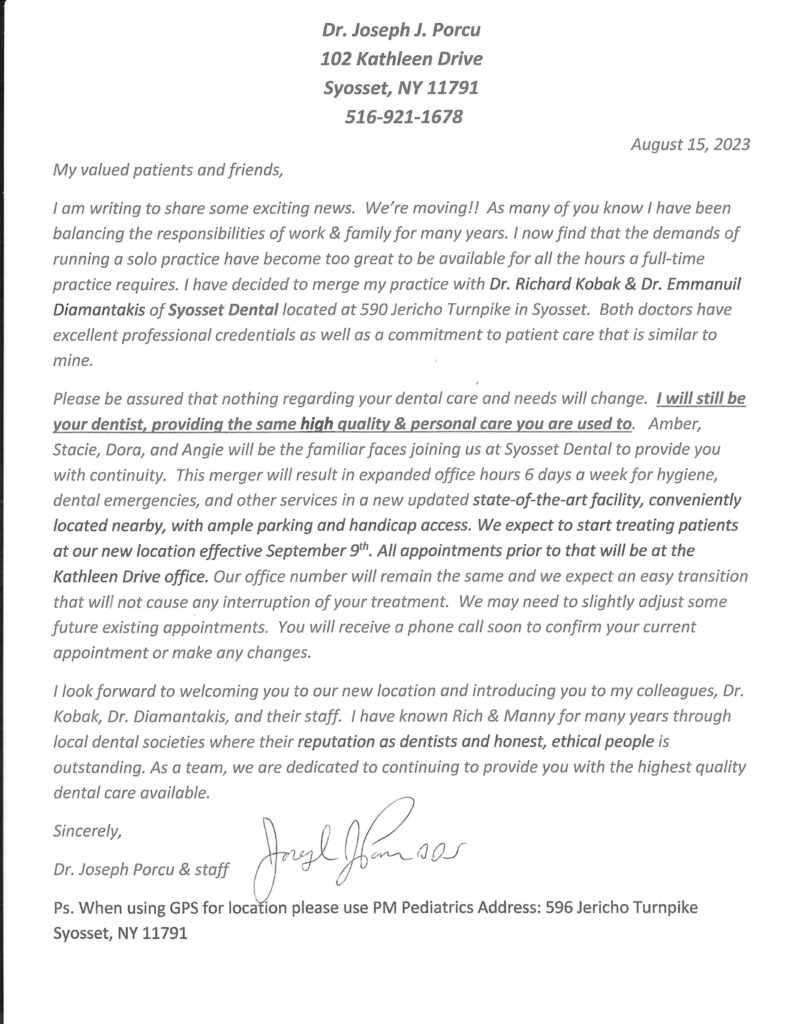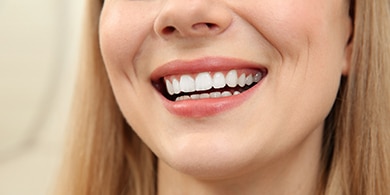 Thanks to advances in dentistry over the last century, more Americans are enjoying full, healthy smiles. Innovation has provided us tools for exceptional cosmetic dentistry, and extensive scientific research has shown us ways to effectively treat dental issues like tooth decay and gum disease. Yet, when it comes to the basics of oral health care, it seems Americans have not learned as much as they should have. According to a survey conducted by the American Dental Association (ADA), Americans’ scored an average “D” when quizzed about oral health. The survey consisted of true or false questions concerning issues such as how often to brush your teeth, what causes cavities, and proper toothbrush care, among others. To help bolster your knowledge and increase your chances of a life-long healthy smile, Syosset dentist Dr. Richard Kobak reviews the basics of good oral health care.
Thanks to advances in dentistry over the last century, more Americans are enjoying full, healthy smiles. Innovation has provided us tools for exceptional cosmetic dentistry, and extensive scientific research has shown us ways to effectively treat dental issues like tooth decay and gum disease. Yet, when it comes to the basics of oral health care, it seems Americans have not learned as much as they should have. According to a survey conducted by the American Dental Association (ADA), Americans’ scored an average “D” when quizzed about oral health. The survey consisted of true or false questions concerning issues such as how often to brush your teeth, what causes cavities, and proper toothbrush care, among others. To help bolster your knowledge and increase your chances of a life-long healthy smile, Syosset dentist Dr. Richard Kobak reviews the basics of good oral health care.
At-Home Tooth Care
A surprising 90% of the participants in the survey answered that you should brush your teeth after every meal. While that may seem like an ideal textbook answer, it is incorrect. The ADA recommends that you brush and floss your teeth at least twice a day for around 2-3 minutes at a time. A third tooth brushing session, preferably after lunch, may provide additional cleaning and protection; however most working adults do not have the time to brush their teeth for the recommended time period in the middle of a work day. (more…)



















